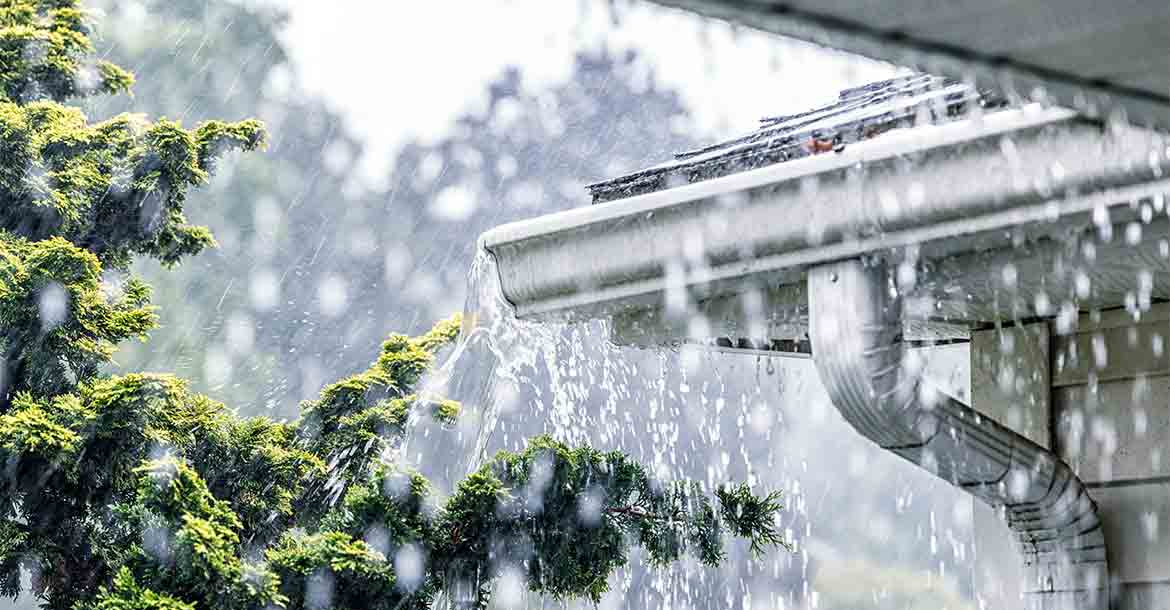Insurance | March 13, 2024
As the winds pick up and ominous clouds gather on the horizon, it’s natural to start considering the extent of your home insurance coverage.
If this is the first time you’ve thought about it since purchasing your house, rest assured, you’re not alone. Many homeowners find themselves pondering their insurance policies when faced with the threat of a storm.
In moments like these, it’s crucial to understand what your home insurance covers in terms of storm damage. Water damage, for instance, can be particularly devastating after severe weather. Your policy may cover certain types of water damage, but it’s essential to know the specifics.
Coverage often hinges on how the water entered your home. Storm damage that physically affects your home, allowing rainwater ingress, is typically covered. This may include instances of wind-driven rain. However, losses caused by surface water, such as flooding from creeks or storm surges, are usually excluded.
These exclusions can lead to significant expenses, emphasizing the importance of considering additional flood insurance. In some cases you may have the option to add inland flood coverage to your existing policy if you’re in a low-to-moderate flood zone and your company offers this specific coverage.
When it comes to interior water damage, coverage may vary depending on whether the damage is new or pre-existing. Water damage that accumulates over time may not be covered, highlighting the importance of promptly notifying your insurance provider of any storm-related issues.
While storm damage to your roof is typically covered, wear and tear are often excluded. Examples of covered roof damage include wind or hail damage and damage from fallen objects like tree limbs. However, if a neighbor’s property damages your house during a storm, your insurance will likely cover it, although there may be limits on coverage for debris removal.
Similarly, storm damage to other structures on your property is typically covered by your homeowners insurance. It’s essential to ensure that your policy includes adequate coverage for additional structures like pole barns or sheds.
In times of uncertainty, understanding your insurance coverage can provide peace of mind amidst the storm’s fury.
Source: Auto-Owners Insurance Company








 Email
Email